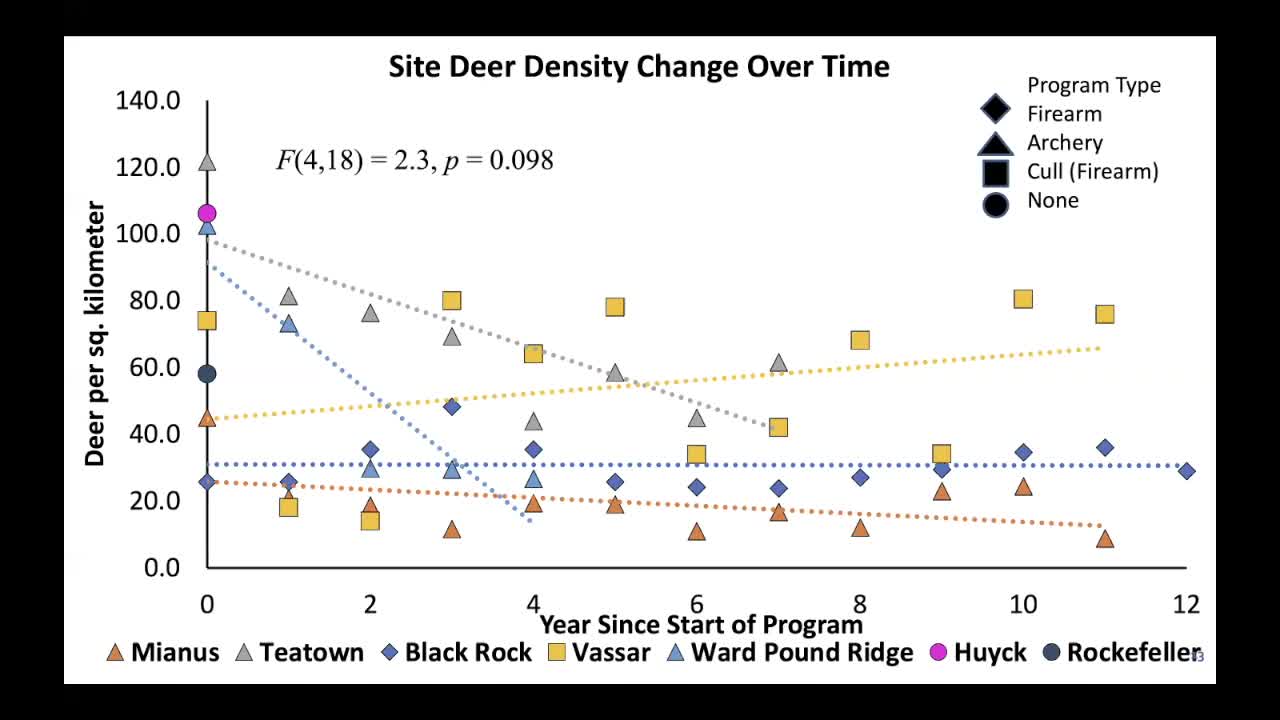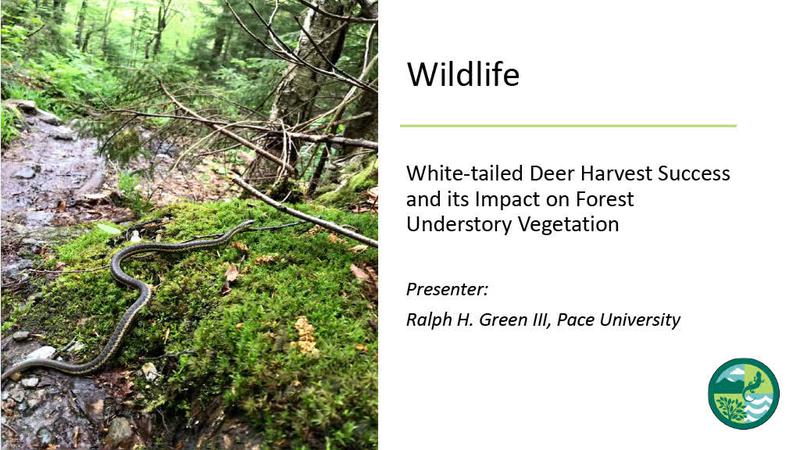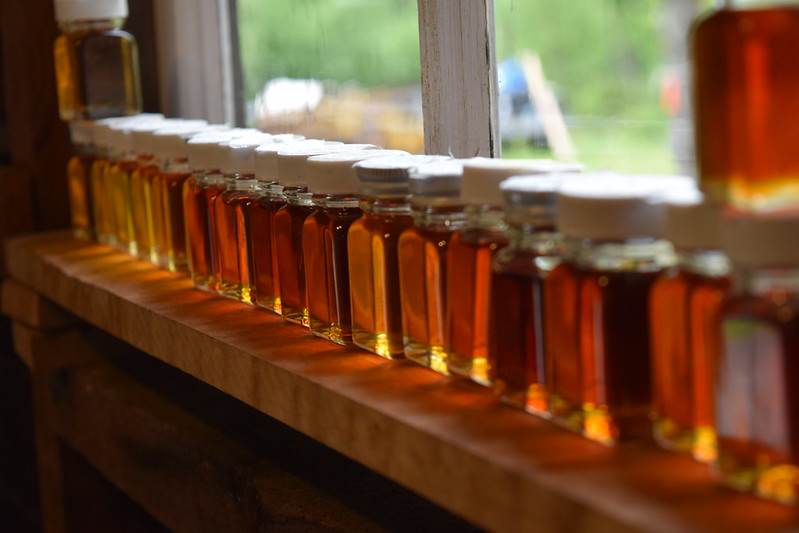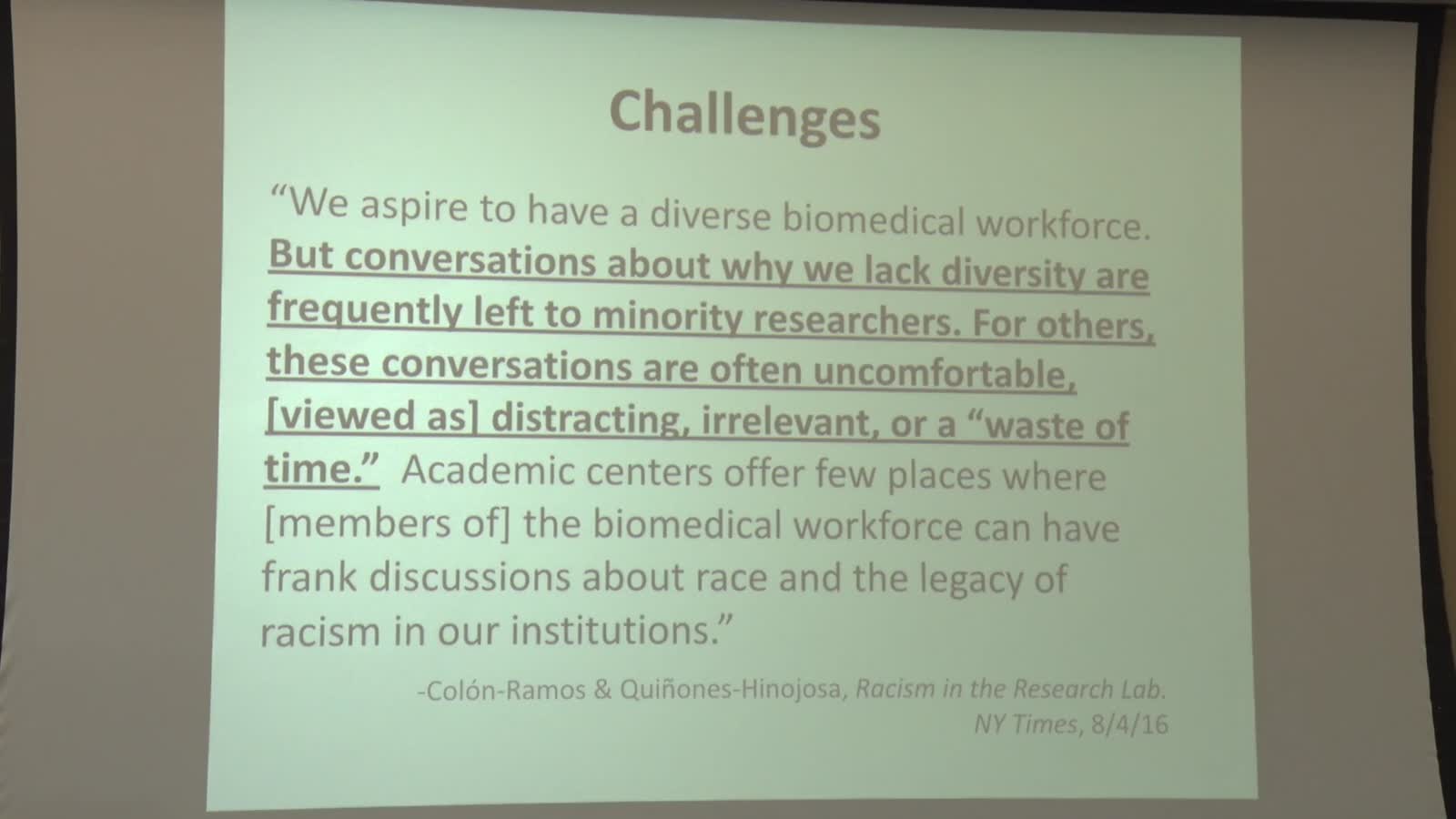Search Results
Results for: 'pH'

This was presented by Ralph Green. This presentation was part of a series of contributed talks from the 2021 FEMC Annual Conference hosted virtually. For more content from the 2021 conference please go to https://www.uvm.edu/femc/cooperative/confe...

This was presented by Ralph Green. This presentation was part of a series of contributed talks from the 2021 FEMC Annual Conference hosted virtually. For more content from the 2021 conference please go to https://www.uvm.edu/femc/cooperative/confe...

Maple trees managed for sap production remain part of a forest ecosystem. Forest ecosystems are complex communities of plants, animals and microbes all interacting with their physical environment and climate. Forests are especially competitive env...

Held on February, 1, 2022 at UVM this introductory seminar was designed to introduce evidence-based approaches, including the NAS Science of Effective Mentorship in STEMM report, to broaden participation of culturally diverse groups in STEMM field...

Valorisation de circuits courts, par la Francophonie « Des options originales pour acheter local!
Le contexte pandémie en évolution a mis en lumière l’importance de valoriser les produits agroalimentaires sur les marchés locaux, de s’approvisionner localement, de commercialiser en circuits courts. À travers cette conférence, donnée en collabor...

A modern maple operation relies on a tubing system with vacuum to maximize sap production. The innovation of plastic tubing originally came as a labor-saving device and not to increase sap yield from individual trees. As the materials used to prod...

Maple sap, what's in it? Maple sap is a dilute solution of mainly water (95-99%) and sugar (1-5%), along with trace amounts of other substances, including: organic acids, free amino acids, protein, minerals, and phenolic compounds. Sap coming dire...

Traditional Collection Methods
Traditional methods of sap collection have changed over time. Initially, Native Americans created gashes in the stem, and directed sap into wooden or bark vessels. Early spouts were created by hollowing out small twigs, which were inserted into ta...

Compared to the relatively simple composition of maple sap, maple syrup has over 130 different identified flavor and aroma compounds. The predominant classes of flavor compounds are phenolics, pyrazines, and carbonyl-based compounds. Typically, li...